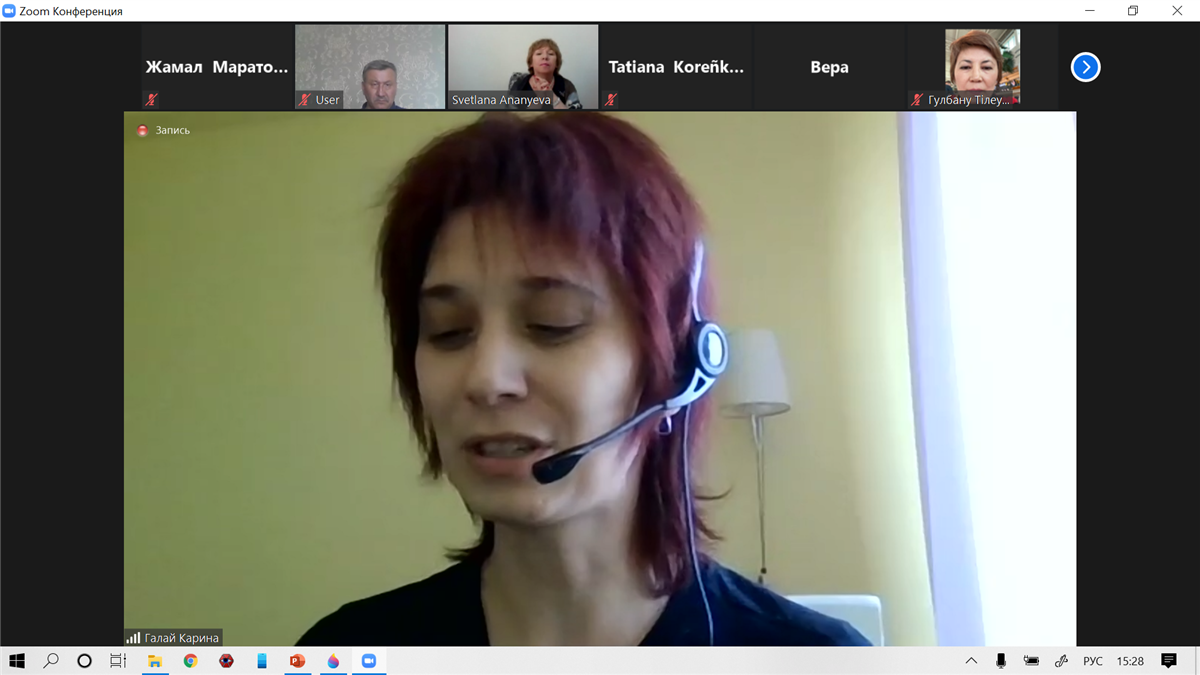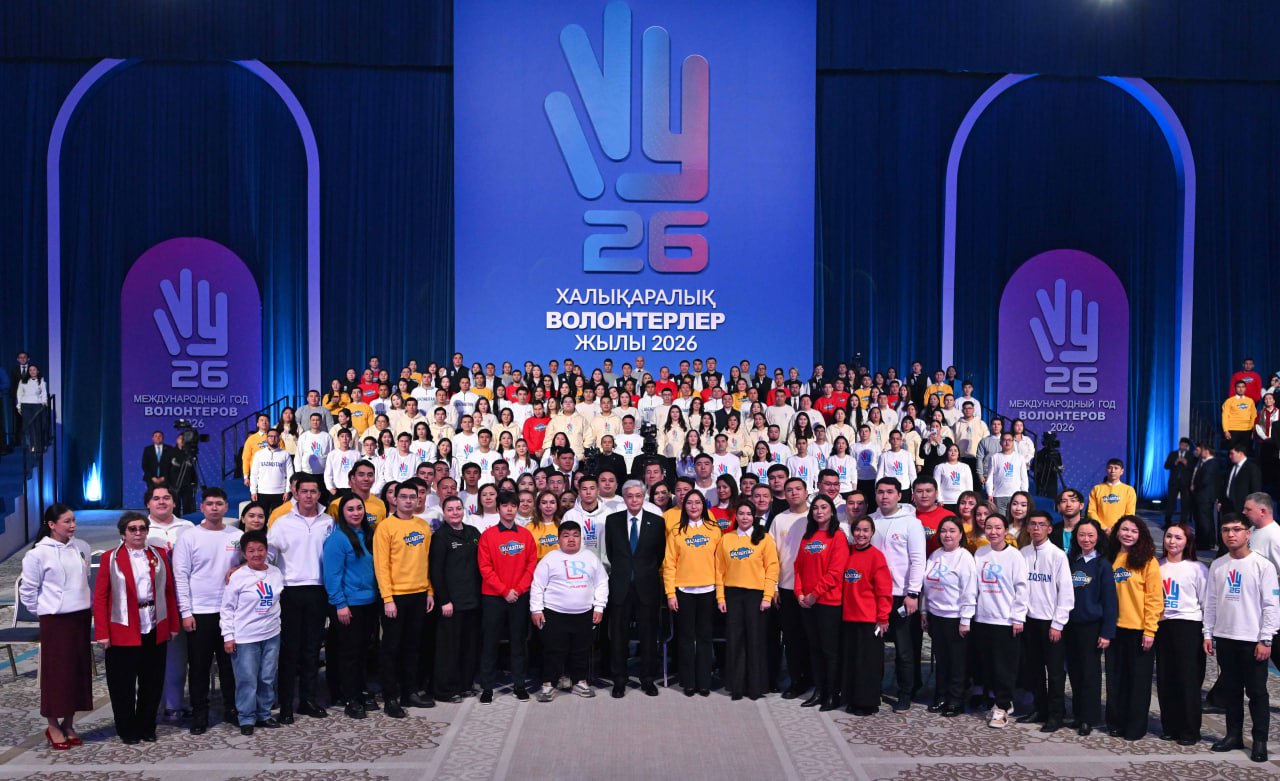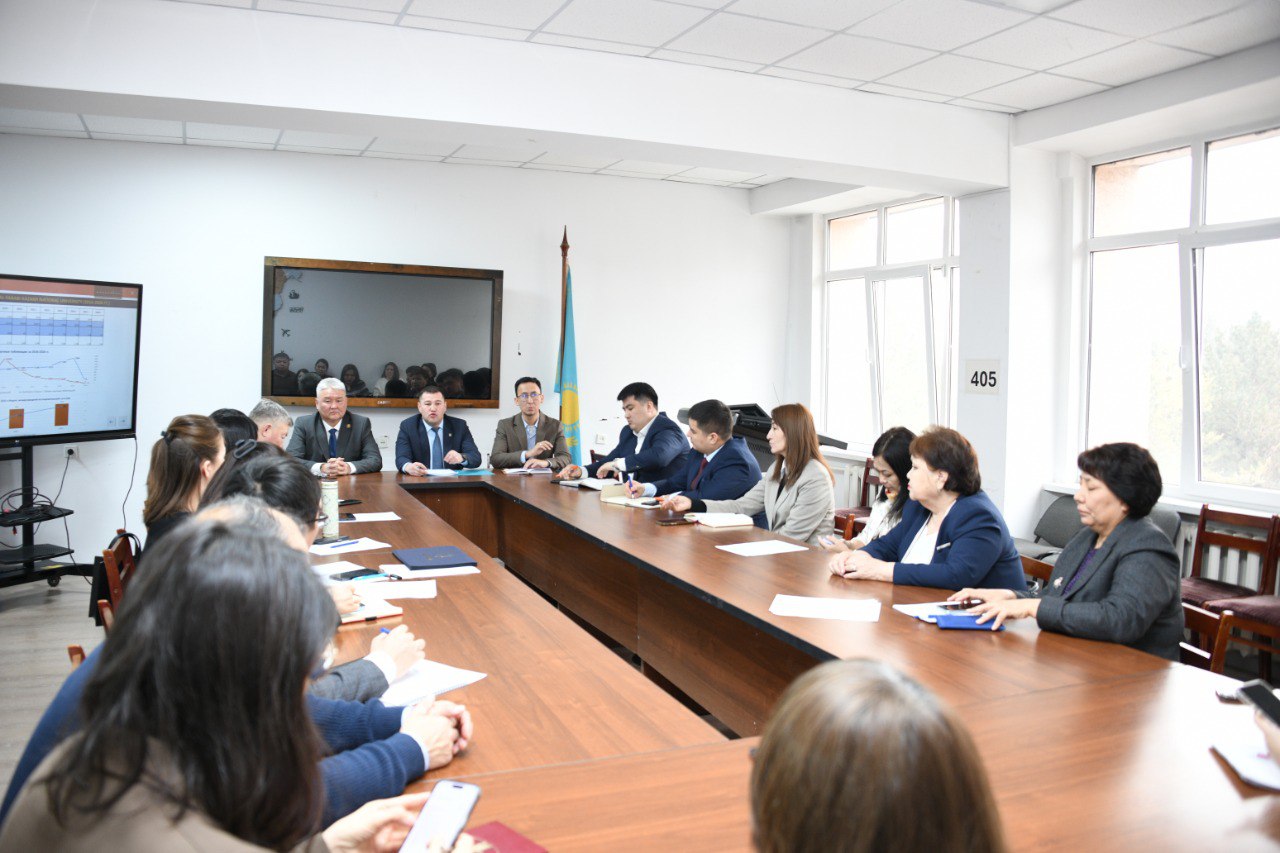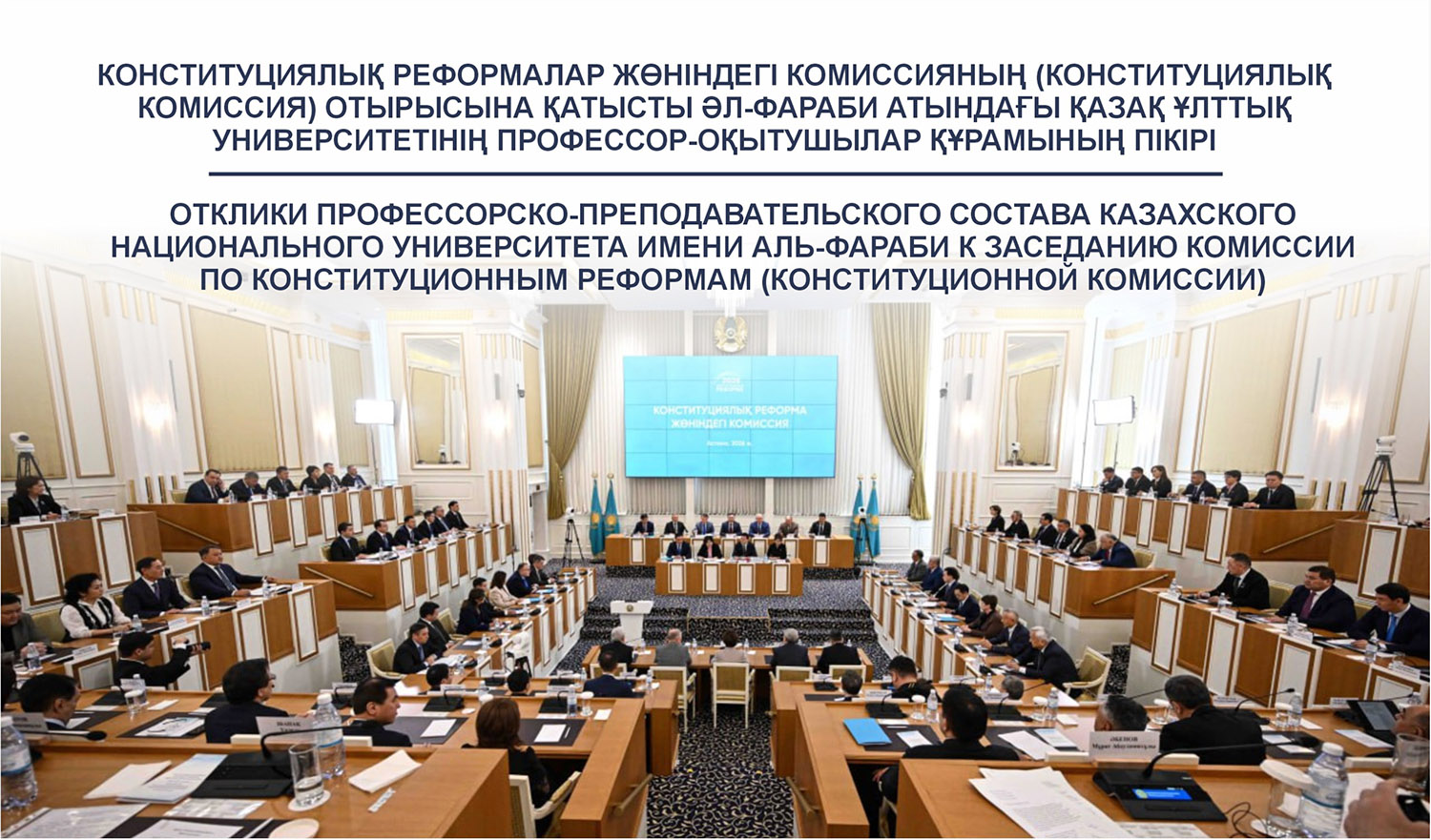Methodology of Literary Interactions: Problems and Prospects

On April 30, 2021, the International Round Table "Methodology of Literary Interactions: Problems and Prospects" took place.
The organizers of the online event were the Department of Russian and Foreign Literature of the Peoples' Friendship University of Russia and the Department of International Relations and World Literature of M.O. Auezov Institute of Literature and Art.
The teachers of the Department of Russian and Foreign Literature of the Philological Faculty of the RUDN, teachers of the Department of Russian Philology and World Literature of the Philological Faculty of Al-Farabi KazNU, and the researchers from M.O. Auezov Institute of Literature and Art of the Academy of Sciences of Kazakhstan took part in the round table.
Welcoming speech addressed to the participants was made by:
- , the head of the Department of International Relations and World Literature of the Institute, member of the Board of the Writers' Union of Kazakhstan and the International Kazakh PEN-Club, Candidate of Philology, Associate Professor
Within the framework of the round table, various aspects of literary interactions were discussed.
A.G. Kovalenko, Professor, the head of the Department of Russian and Foreign Literature of the RUDN, Doctor of Philology, took the initiative of joint scientific developments in several areas: methodological problems of teaching literature, foreign literature, Russian literature in terms of Russian-Kazakh communication. Mr. Alexander Georgievich made the presentation about the scientific journal “Bulletin of the Peoples' Friendship University of Russia. Series: Philology, Journalism ", the next issue of which will be devoted to F.M. Dostoevsky’s creative work. This year the world community celebrates the 200th anniversary of the birth of the Russian classic. Scientific report by A.G. Kovalenko was devoted to the problems of historicism in contemporary Russian prose.
V.V. Shervashidze, Doctor of Philology, Professor spoke about narrative identity in French auto-fiction.
T.V. Korenkova , Associate Professor of the Department of Russian and Foreign Literature of the RUDN, Candidate of Philological Sciences, devoted her scientific report to a topic: "Clip thinking - its dead ends and the search for a way out."
K.N. Galay , Deputy Head of the Department of Russian and Foreign Literature of the RUDN, Candidate of Philological Sciences, prepared an interesting presentation on the topic: "Fiction and modern media space."
S.V. Ananyeva, Head of the Department of International Relations and World Literature of the Institute, member of the Board of the Union of Writers of Kazakhstan and the International Kazakh PEN Club, Candidate of Philological Sciences, Associate Professor, spoke about Russian literary critics to new scientific publications and the main areas of research of domestic literary critics. There were presented collective monographs on the world literary process, modern literature of the people of Kazakhstan, Kazakh-American literary relations, etc. "Literary modernity: names, concepts" - the topic of her scientific report on the works of G. A. Tolstoy. Pryakhina, S. Sanbaeva, Yu. Kozlova. Literary modernity, which becomes history.
The following participants took part in the work of the International Round Table and made scientific reports:
Deputy Director for Science of the Institute of Literature and Art by M.O. Auezova, candidate of philological sciences A.K. Kalieva "The current state of comparative literary studies."
Chief Researcher at the Institute of Literature and Art by M.O. Auezova, Doctor of Philology, Professor A.S. Ismakova spoke about phenomenology and the foundations of literary interaction.
A.T. Khamraev , Chief Research Officer, Doctor of Philology, made the presentation about the peculiarities of the interaction of the Kazakh and Uyghur literature.
B.U. Dzholdasbekova , the dean of the Faculty of Philology and World Languages of Al-Farabi KazNU, Corresponding Member of the National Academy of Sciences of the Republic of Kazakhstan, Doctor of Philological Sciences, Professor, initiated the continuation of scientific relations and joint programs with colleagues from RUDN, and also spoke about existing joint programs within the framework of a new consortium signed between RUDN and KazNU and long-term cooperation.
Mizanbekov S.K., Associate Professor of the Department of Russian Philology and World Literature of the Philological Faculty of Al-Farabi KazNU made a presentation about "Prospects for interactive and distance learning as a basis of a system of continuous training (retraining) of specialists."
Also, O.A. Arukenova, the second year PhD student, master of pedagogical sciences, prose writer, poet, research assistant of the Institute made a presentation on the topic: "Debut text as a reflection of personal and collective traumas of the era". Zh. Maratov , the second-year postgraduate student of the Department of Russian and Foreign Literature of the RUDN prepared the report on the topic: "Play space in J.R.R. Tolkien’s creative work ". Kulbaeva A.Zh., PhD student of the Department of Russian Philology and World Literature of the Philological Faculty of Al-Farabi KazNU Kulbaeva made the presentation on the topic: "The state of the problem of spiritual and moral education of senior schoolchildren in pedagogical theory and modern pedagogical concepts."
Within the framework of the round table and its problems, many questions were asked and productive communication and exchange of work experience were organized.
The participants expressed their opinion on the relevance of the stated problem under discussion, on the content of the reports they listened, their practice-oriented nature and usefulness for rethinking their own professional activities. The participants of the online event, which brought together literary scholars and teachers of the RUDN, Al-Farabi KazNU and M.O. Auezov Institute of Literature and Art, talked about the prospects of literary interactions, that they should be constantly built, involving like-minded people from different countries of the world into the scientific orbit.


